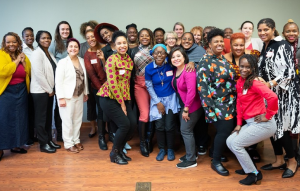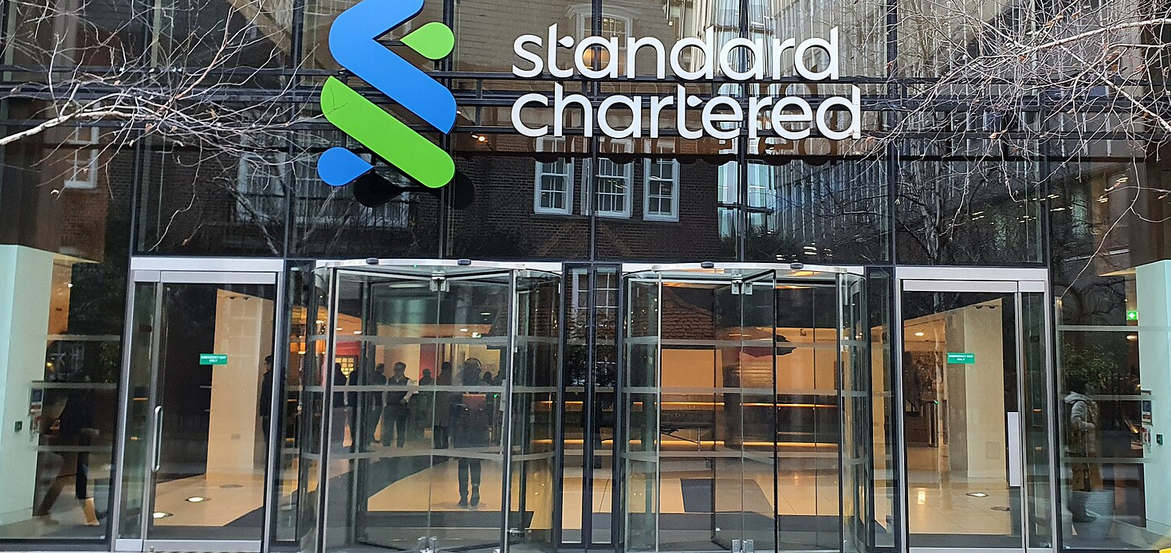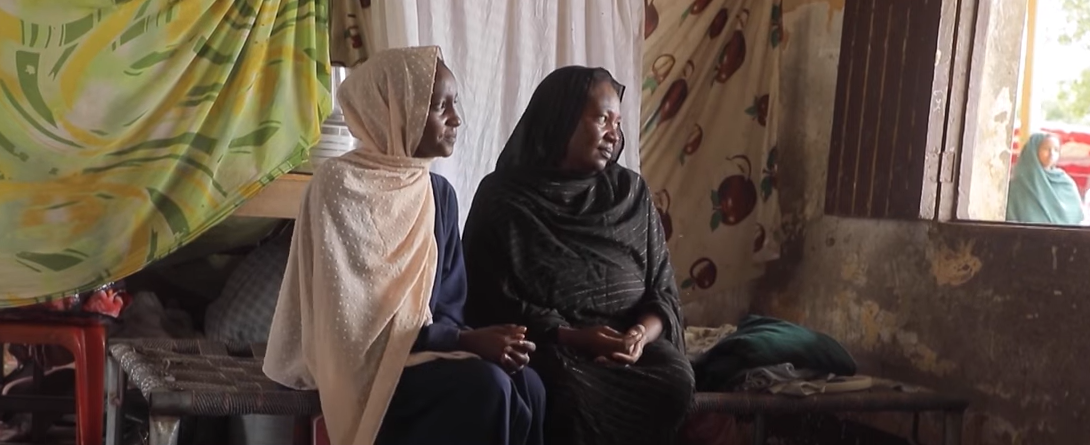Photos: Black Women Thriving East of the River
WASHINGTON, DC – A powerful organization, Black Women Thriving East of the River, celebrated its community launch on December 12. The event emphasized that strategies and interventions to improve cancer survival and opportunities for quality jobs were developed by women with community ties, diverse backgrounds, and lived experiences in healthcare, community service, education, workforce development, and various other specialties.

The event, held at THEARC Black Box Theater in Southeast Washington, was a huge success, with Denise Rolark Barnes, publisher and second-generation owner of The Washington Informer, serving as Mistress of Ceremonies.
“Launched in 2019 as an initiative of the Jane Bancroft Robinson Foundation, this organization (Black Women Thriving East of the River) is a beacon of hope for Wards 7 & 8,” said Rolark Barnes. “It focuses on empowering Black women through lasting change to healthcare and workforce systems that result in optimal health and economic success.”
Lori Jackson, president of the Jane Bancroft Robinson Foundation, said its mission is to empower communities, foster positive change, and address critical issues faced by underrepresented groups in the District.
“The genesis of Black Women Thriving East of the River came from our commitment to this community,” Jackson said. “Recognizing the unique challenges faced by Black women in these wards, we embarked on a mission to design and implement a funding strategy that would significantly improve lives. We…collaborated with community residents and leaders for nearly four years. Our goal was to develop holistic solutions addressing workforce development and cancer survival – two critical areas affecting the health and economic stability of Black women east of the river.”
Jackson proclaimed, “Black Women Thriving East of the River is more than just an organization; it’s a movement. It represents our belief in the power of community-driven change and the importance of providing access to resources and opportunities for Black women. This is crucial to our work because it embodies our strategic vision of transforming lives through health, workforce opportunities, and economic stability.”
The organization has launched a scholarship fund for Black women interested in health-related careers east of the river. They are considering a wide range of applicants, from those seeking training to become nursing assistants or community health workers to those who aspire to be doctors and surgeons or hold other healthcare system roles. Thus far, nearly $50,000 in scholarships have been awarded. The goal is to increase the number of Black women health providers and their ability to influence decisions in healthcare systems.
Further, they meet with human resources departments of healthcare facilities to learn what posts will be filed now and in the future so a pipeline of community talent can be steered to these positions. The organization was awarded a $1 million grant from the Greater Washington Community Foundation’s Health Equity Fund to use data, training, and advocacy to improve workforce development systems impacting Black women.
The organization also established a Patients Bill of Rights to help Black women access high-quality healthcare. It will make Black women more aware of high-quality care, help them access that care, and identify ways for them to be treated more equitably. Six Community Ambassadors (CAs)are helping increase awareness of the Bill of Rights among the community, family, friends, peers, and networks. The CAs are cancer survivors and caregivers, ranging from early 20s to 60s, helping promote focus groups, provide feedback, and connect the team to community groups and other potential stakeholders in their networks.
“Our vision is bold and clear: to create a future where Black women in our communities have unfettered access to opportunities, resources, and health care that lead to their holistic well-being and economic prosperity,” said Nakeisha Neal Jones, executive director of Black Women Thriving East of the River. “We are here to break the cycles of neglect and marginalization and replace them with cycles of support and success.”
Moreover, Jones called the organization a testament to the power of listening to the community and learning. “It’s about understanding the unique needs of Black women in Wards 7 and 8 and implementing programs that truly resonate with their experiences,” she said. “By deeply engaging with the community, we ensure that our efforts are not just impactful but also sustainable, fostering an environment where Black women can thrive in every aspect of their lives.”
Jones announced several awards.
· Jaren Hill Lockridge, Ward 8 Health Council Chair, received the Flourishing Force Award. A mother and student, she has helped Ward 8 flourish as “Woman at the Well,” where she built an intergenerational farm at Oxon Run Park.
· Ambrose Lane Jr., Chair of the Health Alliance Network, received the Thrive Advocate Award. A health advocate, activist, poverty abolitionist, and father, Lane founded the Health Alliance Network in D.C. and co-founded the Black Coalition Against COVID. The accolade honors his relentless dedication to increasing awareness of critical health issues in Ward 7 and securing resources needed to address them.
· The Jane Bancroft Foundation received the Thriving Leadership Award. “Your innovative approach to philanthropy, particularly in how you fund and engage with women most impacted by your work, sets a new standard,” Jones said. “Your leadership and vision have been pivotal in empowering Black women and fostering community resilience, truly embodying the essence of Thriving Leadership.”
In closing the event, Jones said, “Tonight, we’ve celebrated the incredible journey of “Black Women Thriving East of the River, Now, it’s time for each of us to carry forward this spirit of empowerment and resilience. Let’s affirm our dedication to optimal cancer care and health for Black women. When we listen to our bodies and connect to high-quality, culturally competent healthcare, we don’t just survive; we thrive.”











